Supports for various groups
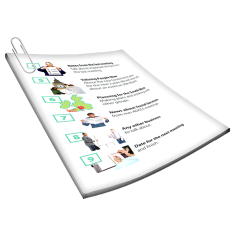
This information is about people and services that can support people with intellectual disability from different groups.
It has information for
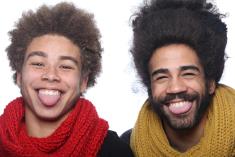
- First Nations peoples
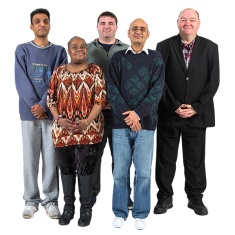
- Culturally and linguistically diverse people
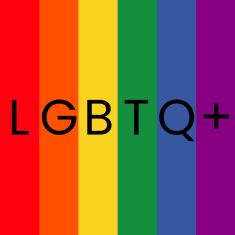
- LGBTQ+ people

- People living in rural and remote areas
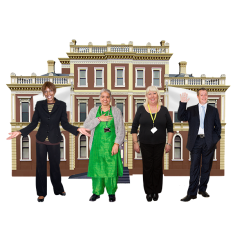
- People in contact with the criminal justice system
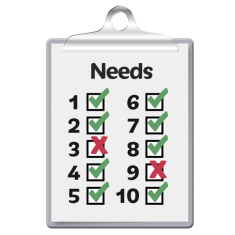
- People with many support needs
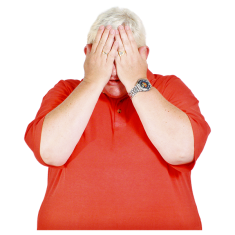
- People who have had trauma

There is a lot of information.
Some words can be hard to understand.
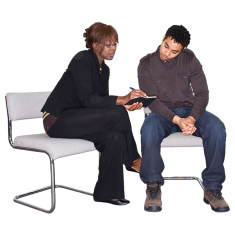
You can ask someone to read this information with you.

Below are services and supports for First Nations peoples.

For more information about First Nations peoples visit https://www.idmhconnect.health/
first-nations-peoples/ER
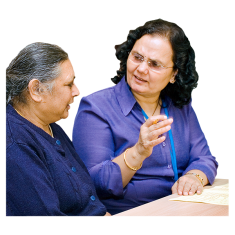
Translation and interpreter services
An interpreter is a person who changes words from your language to a language someone else understands.
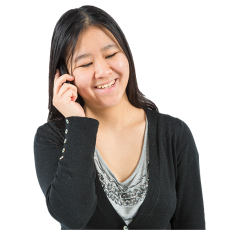
The Translating and Interpreting Service provides onsite and on phone interpreting.
To contact the service
- Call 131 450
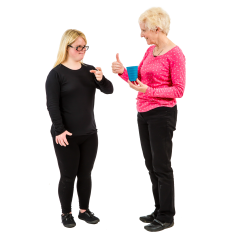
The National Interpreting and Communication Services provides interpretation for some of the different First Nations sign languages.
The hours can be paid under NDIS interpreting hours.
For more information visit https://www.nicss.org.au/aboriginal-and-torres-strait-islander.html
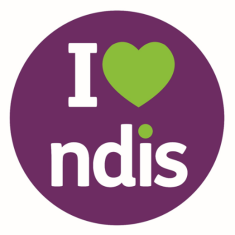
NDIS is short for National Disability Insurance Scheme.

2M Language Services can provide interpreters for some of the First Nations languages for a fee.
For more information about the service visit https://www.2m.com.au/interpreting-services/indigenous-language-interpreting/

Lifeline Australia provides crisis support in different languages.
You can ask to speak to someone in your language.
A crisis is when you are in danger or are very upset.
To contact Lifeline
- Call 13 11 14

Mental health supports
Mental health is about
- How you think
- How you feel
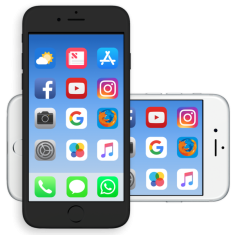
iBobbly is an app designed for First Nations peoples to support their own mental health.
For more information visit https://www.blackdoginstitute.org.au/ resources-support/digital-tools-apps/ibobbly/
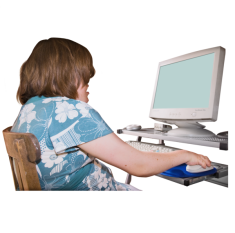
WellMob is an online tool for First Nations peoples to support their own mental health.
For more information about WellMob visit https://wellmob.org.au/
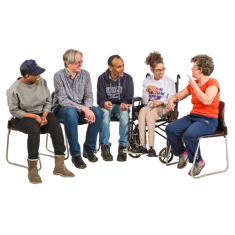
Proppa Deadly is a talk show where First Nations people tell their stories about mental health problems.
For more information about Proppa Deadly visit https://triplea.org.au/listen/
programs/lets-talk/proppa-deadly-napsia-vin-thal/
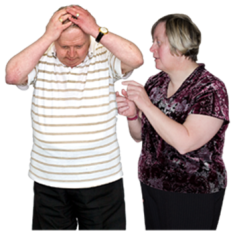
A mental health problem is when your feelings start to worry you.

Trauma and Grief Network has helpful information and tips about dealing with trauma and grief for First Nations peoples.
Trauma is when something has happened to you that made you very frightened or upset.
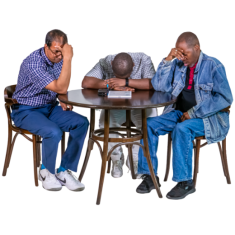
Grief is when you have lots of different feelings when someone dies.
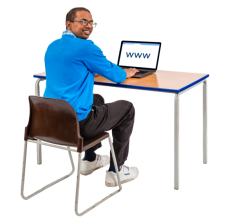
For more information about the Trauma and Grief Network visit https://tgn.anu.edu.au/resource/
indigenous/
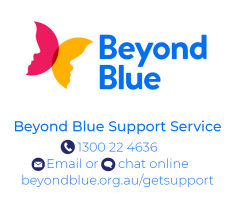
Beyond Blue gives information about mental health problems for First Nations peoples.
To see the information visit https://www.beyondblue.org.au/
who-does-it-affect/aboriginal-and-torres-strait-islander-people

Beyond Blue also provides information about dealing with discrimination because of your First Nations background.
For more information visit
https://www.beyondblue.org.au/who-does-it-affect/the-invisible-discriminator
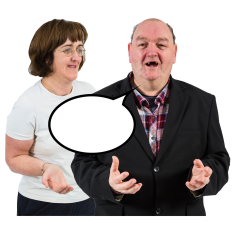
Other services and supports
First Peoples Disability Network provides advocacy and support for First Nations peoples with disability.
Advocacy is having your voice heard so your rights and needs are met.
You can have needs in many areas of your life.

For more information about the First Nations Disability Network visit https://fpdn.org.au/lets-have-a-yarn-about-advocacy/

National Indigenous Postvention Service provides support for First Nations people and communities affected by suicide.
To contact this service call 1800 805 801.
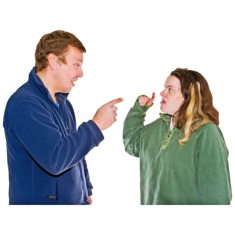
Aboriginal and Torres Strait Islander mediation provides free mediation conflict management services.
Mediation is when a person comes to support people after they have big arguments or fights.

For more information about the mediation services visit
https://www.cjc.justice.nsw.gov.au/Pages
/cjc_whytry_mediation/com_justice_
mediation_atsi.aspx
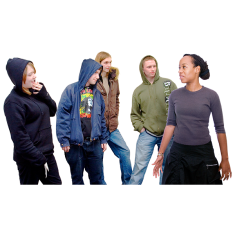
All Together Now provides information for people who want to report racism.
Racism is when people discriminate against you because of your culture or background.
Discrimination is when someone is treated badly because of something about them they cannot control.

For information about All Together Now visit https://alltogethernow.org.au/
racism/reporting-racism/

Wuuwi Gambling can provide counselling services for First Nations peoples with gambling issues.
Gambling is when you play games for the chance to win money.
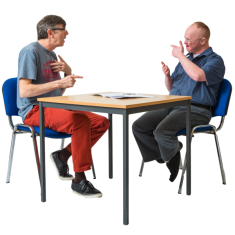
Counselling therapy is when you chat with mental health workers about
- Issues in your life
- Ways you can fix these issues
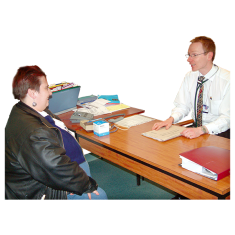
Mental health workers are people who work to help you with your mental health.

For more information about Wuuwi Gambling visit https://aboriginalsafegambling.
com.au/
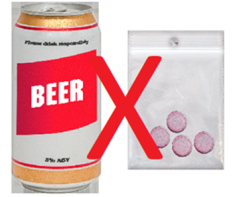
Your Room provides information on services that support First Nations peoples to reduce the harm caused by alcohol and drugs.
They also provide culturally safe phone counselling and referral.

A referral is when someone suggests you see a worker who can support you.

For more information about Your Room visit https://yourroom.health.nsw.gov.au/
Pages/home.aspx

Search tools for health services and supports
Ask Izzy can help you search for the right services and supports for you.
For more information about Ask Izzy visit https://askizzy.org.au/

Australian Indigenous HealthInfoNet has a search tool to find First Nations health workers and health practitioners near you.
To use the search tool visit https://healthinfonet.ecu.edu.au/key-resources/health-professionals/health-workers/map-of-aboriginal-and-islander-healthmedical-services/

Aboriginal Health and Medical Research Council provides a list of First Nations health services across NSW.
For more information visit https://www.ahmrc.org.au/member-services/
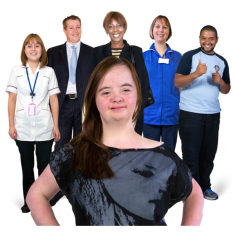
The National Aboriginal Community Controlled Health Organisation provides a list of Aboriginal community health centres in NSW.
For more information about the community health centres visit https://www.naccho.org.au/naccho-members/

There is more information on the next page.
Click Next page below.